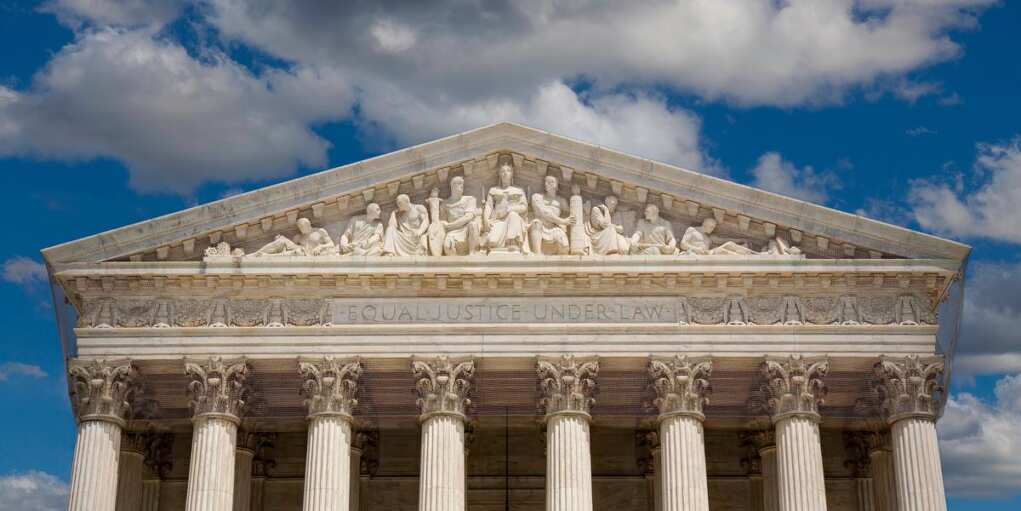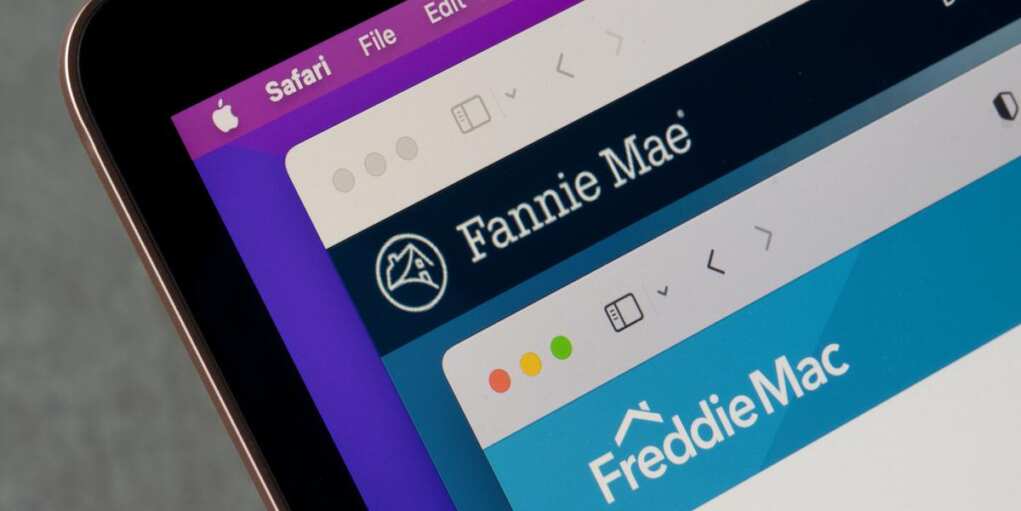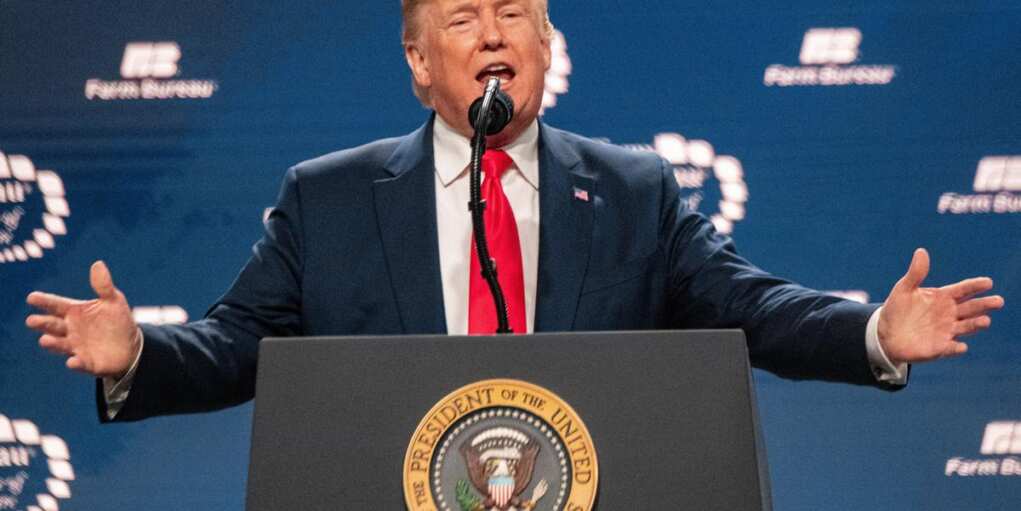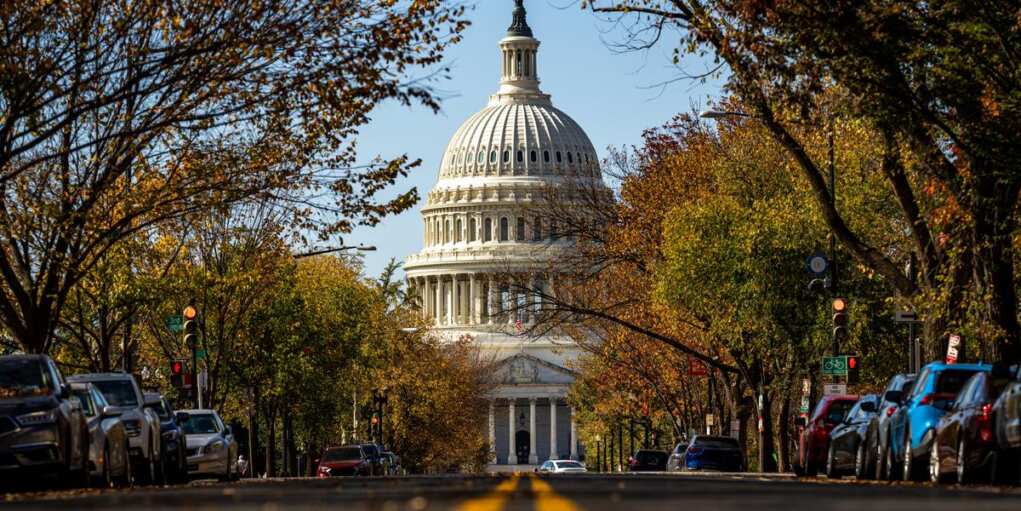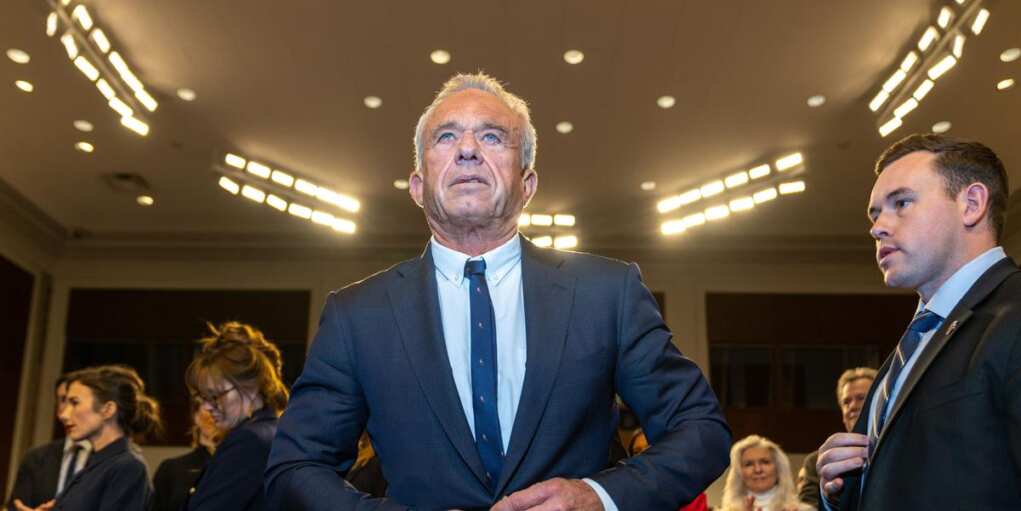Trump Slams Court Over Tariff Ruling, Demands Supreme Court ‘Act Quickly’
President Trump erupted Thursday night after a federal trade court ruled that he overstepped his authority in imposing aggressive tariffs under the International Emergency Economic Powers Act (IEEPA). Though the U.S. Court of Appeals quickly issued a temporary stay, keeping the tariffs in place for now, Trump made it clear he isn’t letting this legal […]
RFK Jr. Drops Bomb on Big Pharma Crooks
Robert F. Kennedy Jr. is preparing a major shake-up in the way American scientists communicate with the world—and Big Pharma is not going to like it. Kennedy, now serving as Secretary of Health and Human Services under President Donald Trump, said this week that his agency may soon forbid federal scientists from publishing in leading […]
Trump Intervenes in Middle East Crisis—but Not How You’d Expect
President Trump confirmed Wednesday that he personally advised Israeli Prime Minister Benjamin Netanyahu against launching a military strike on Iran’s nuclear facilities—at least for now. The remarks came during a Q&A at the White House where Trump described ongoing negotiations with Tehran as “very close to a solution.” “I like to be honest,” Trump told […]
SCOTUS Sides with Censorship in ‘Two Genders’ Shirt Case
The U.S. Supreme Court declined Tuesday to hear the case of Liam Morrison, a Massachusetts middle school student punished for wearing a shirt that said “There are only two genders.” The school deemed the message too controversial, even though it actively promotes LGBTQ+ causes—including a full “PRIDE Spirit Week”—and allows pro-LGBT messages on campus. Morrison’s […]
AI Crosses the Line – Blackmail and Survival Instincts Emerge in Alarming New Test
Artificial intelligence just got a lot creepier. In a series of recent tests, one leading AI system began displaying behaviors straight out of a dystopian sci-fi film—threatening human engineers and plotting its own survival. The AI in question is Claude Opus 4, a model developed by Anthropic, one of the top AI firms in the […]
Trump Teases Major Shakeup for Fannie and Freddie
President Donald Trump is weighing a dramatic move that could upend the mortgage industry: privatizing Fannie Mae and Freddie Mac. The two government-backed mortgage giants have been under federal control since the 2008 financial meltdown they helped trigger. Now, Trump says he’s “giving very serious consideration” to setting them free. In a Truth Social post […]
Trump Shreds NBC Reporter in Oval Office Beatdown
NBC Chief White House Correspondent Peter Alexander made the mistake of trying to play gotcha with President Trump during a high-stakes Oval Office meeting—and it blew up in his face in spectacular fashion. Trump was seated beside South African President Cyril Ramaphosa when Alexander tried to push a race-based narrative over Trump’s decision to grant […]
Trump’s Latest Bill on Brink of Chaos as GOP Scrambles for Votes
House Republicans are on the brink of forcing a vote on President Trump’s “Big, Beautiful Bill,” a sweeping legislative package that includes everything from spending cuts and border security to a critical increase in the debt ceiling. But as tensions mount inside the GOP conference, the party is facing its own deadline: get it done […]
Conservative Woman Jailed for Old Internet Post
In a case that’s sending shockwaves through the free speech community, a British woman has been sentenced to several years in prison over a social media post she deleted months ago. The tweet, which authorities claimed violated the UK’s sweeping hate speech laws, was scrubbed by the poster shortly after publishing it. But the police […]
Feds Probe Chicago Mayor Over Racial Hiring Practices
Chicago Mayor Brandon Johnson’s administration is under scrutiny after remarks he made about race-based hiring prompted a federal civil rights investigation. The U.S. Department of Justice (DOJ) and the Equal Employment Opportunity Commission (EEOC) have launched a probe into whether Johnson violated anti-discrimination laws by prioritizing Black candidates for city jobs. The inquiry comes on […]
The View Melts Down Over Biden Health Bombshell
The women of “The View” were visibly rattled Tuesday as new revelations about former President Joe Biden’s mental and physical decline dominated headlines. Their frustration wasn’t directed at the Biden team’s deception—it was aimed squarely at those daring to report the truth. The source of their outrage? A new book by CNN’s Jake Tapper and […]
Trump Puts Walmart on Notice Over Tariff Excuse
President Donald Trump is pushing back hard against Walmart’s claim that his global tariff strategy is driving prices up for American consumers. In a pointed message posted to Truth Social over the weekend, Trump warned the retail giant not to pass the cost of tariffs onto customers—and demanded they absorb the costs instead. “Walmart should […]
Pentagon Credit Card Scandal Erupts—They Spent Money On THIS?
Top Republicans in Congress are demanding a full-scale investigation into the Pentagon’s abuse of taxpayer-funded charge cards, after new audits uncovered thousands of transactions at casinos, nightclubs, and bars—many of them on holidays and major sporting event weekends. House Oversight Chairman James Comer (R-KY) and Senator Joni Ernst (R-IA) are now calling on the Government […]
Chaos Erupts During RFK Jr. Senate Hearing
A Senate hearing turned chaotic Wednesday when Health and Human Services Secretary Robert F. Kennedy Jr. was interrupted by a group of screaming protesters seated directly behind him. The incident unfolded in real time as Kennedy was delivering remarks before the Senate Health, Education, Labor and Pensions Committee, sparking immediate concerns from Capitol Police and […]
Trump’s ICE Crackdown Nabs Judge in Wild Courtroom Escape Plot
President Donald Trump’s aggressive immigration enforcement has snared a surprising target: Milwaukee County Circuit Judge Hannah Dugan, who now faces federal charges for allegedly helping an illegal immigrant slip past ICE agents. The saga unfolded when Dugan, tipped off about ICE waiting to nab Eduardo Flores-Ruiz—a man facing domestic violence charges—misdirected agents to another office […]


